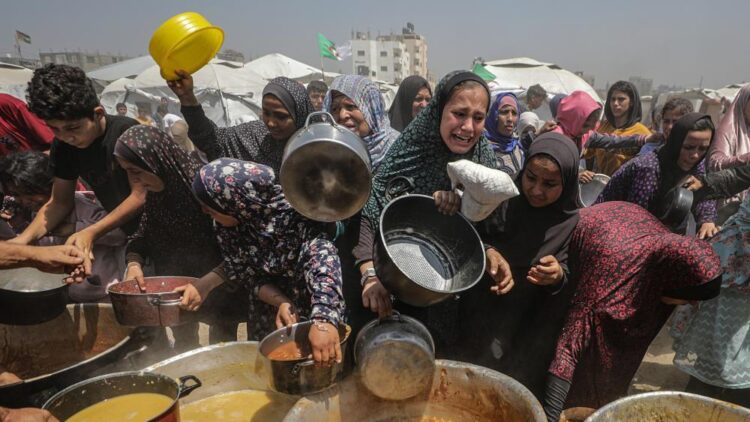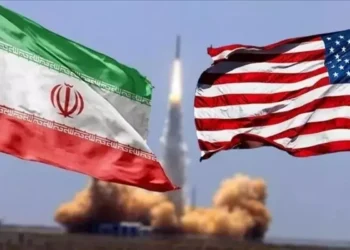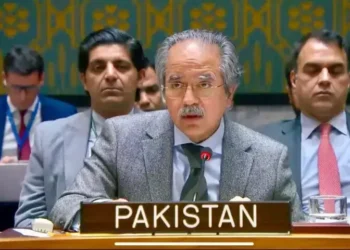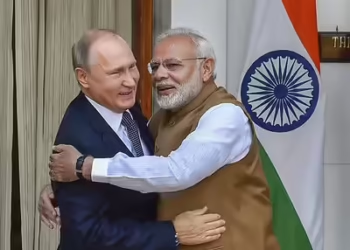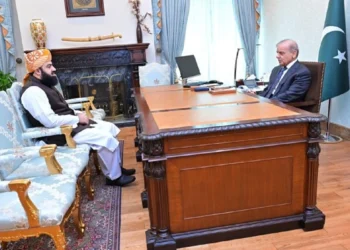GAZA/WASHINGTON; As international criticism intensifies over Israel’s handling of the humanitarian crisis in Gaza, U.S. President Donald Trump’s special envoy, Steve Witkoff, is set to visit the besieged enclave today to assess aid distribution efforts amid mounting allegations of a starvation policy targeting civilians.
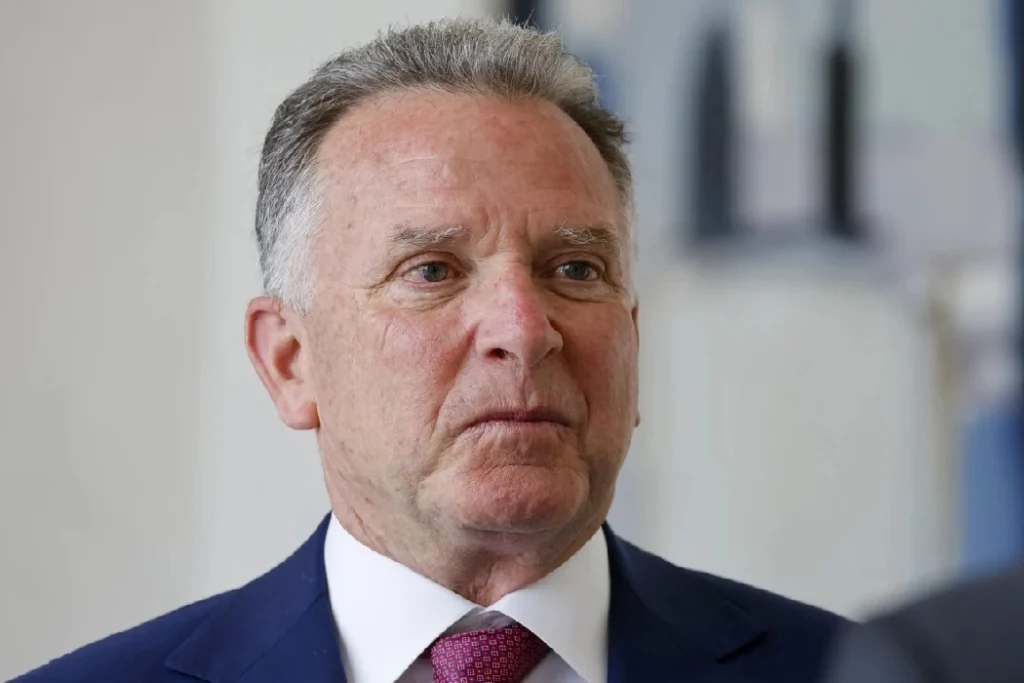
Witkoff will be accompanied by U.S. Ambassador to Israel, Mike Huckabee, in what officials are calling a “fact-finding mission” to evaluate on-ground conditions and coordinate improved delivery of humanitarian assistance. The visit comes as reports emerge that over 1,000 Palestinians have been killed since May at food distribution points—many of them run by U.S.- and Israeli-backed NGOs—raising questions about both security failures and the politicization of aid.
The deaths, widely attributed to Israeli military fire or mismanagement during chaotic distributions, have further fueled accusations that food is being used as a weapon of war. Human rights groups and aid agencies have repeatedly condemned what they describe as a deliberate strategy of starvation, warning of a looming full-scale famine unless unrestricted humanitarian access is granted immediately.
White House Press Secretary Karoline Leavitt confirmed Witkoff’s travel plans in a press briefing, stating that the envoy would “visit distribution sites and secure a plan to deliver more food and meet with local Gazans to hear firsthand about this dire situation on the ground.”
This marks one of the highest-level U.S. visits to Gaza since the war erupted in October 2023, following Hamas’s surprise assault on southern Israel. In response, Israel launched a prolonged military campaign that has killed over 38,000 Palestinians, displaced more than 1.7 million people, and devastated critical infrastructure, including hospitals, water systems, and aid warehouses.
Despite repeated calls for ceasefire and humanitarian corridors, Israel continues to restrict the flow of aid into Gaza, particularly in the north, where famine conditions are already evident. Efforts by the UN and other humanitarian organizations to distribute food, medicine, and water have been hindered by Israeli checkpoints, airstrikes, and bureaucratic delays.
U.S. involvement in Gaza’s aid logistics has itself come under scrutiny, with critics arguing that American-backed NGOs lack credibility on the ground and operate in coordination with Israeli authorities, raising ethical concerns about neutrality and effectiveness.
Witkoff’s visit is being closely watched both in Washington and internationally, with analysts seeing it as a test of the U.S. administration’s willingness to confront its ally over the spiraling humanitarian disaster. Whether the visit leads to meaningful policy shifts or is seen as symbolic damage control remains to be seen.




















































